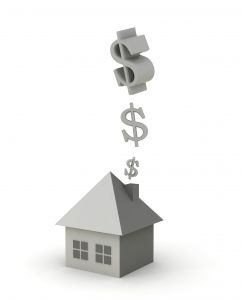© 2024 FHANewsBlog.com | All Rights Reserved
Site Map | Terms of Service | Privacy Policy | About Us | SecureRights Advertiser Contact Information
FHANewsblog.com is a digital resource that publishes timely news, information and advice concentrating on FHA, VA and USDA residential mortgage lending. We offer a full video library on the definitions of many basic mortgage terms. Our goal is to educate our readers as to the many ways they can achieve home ownership.
FHANewsblog.com is a private company, not affiliated with any government agency, is not a lender and does not offer to make loans. The opinions presented on FHAnewsblog.com should not be construed as representing the official opinions of any government agency. We do not offer or have any affiliation with loan modification, foreclosure prevention, payday loan, or short-term loan services. Neither FHAnewsblog.com nor its advertisers charge a fee or require anything other than a submission of qualifying information for comparison shopping ads.
The posted content contained on FHAnewsblog.com is for general information purposes only and is accurate and true to the best of our knowledge. The information should not be seen as financial advice and you should consult with a licensed mortgage professional , prior to taking any action. We do not ask users to surrender or transfer title. We do not ask users to bypass their lender. We encourage users to contact their lawyers, credit counselors, lenders, and housing counselors. FHAnewsblog.com assumes no responsibility for errors or omissions in the contents on the Service. You agree that you are solely responsible for your own financial decisions, and release FHAnewsblog.com from any liability whatsoever regarding our Service or any causes of action arising from or relating to our Service.









